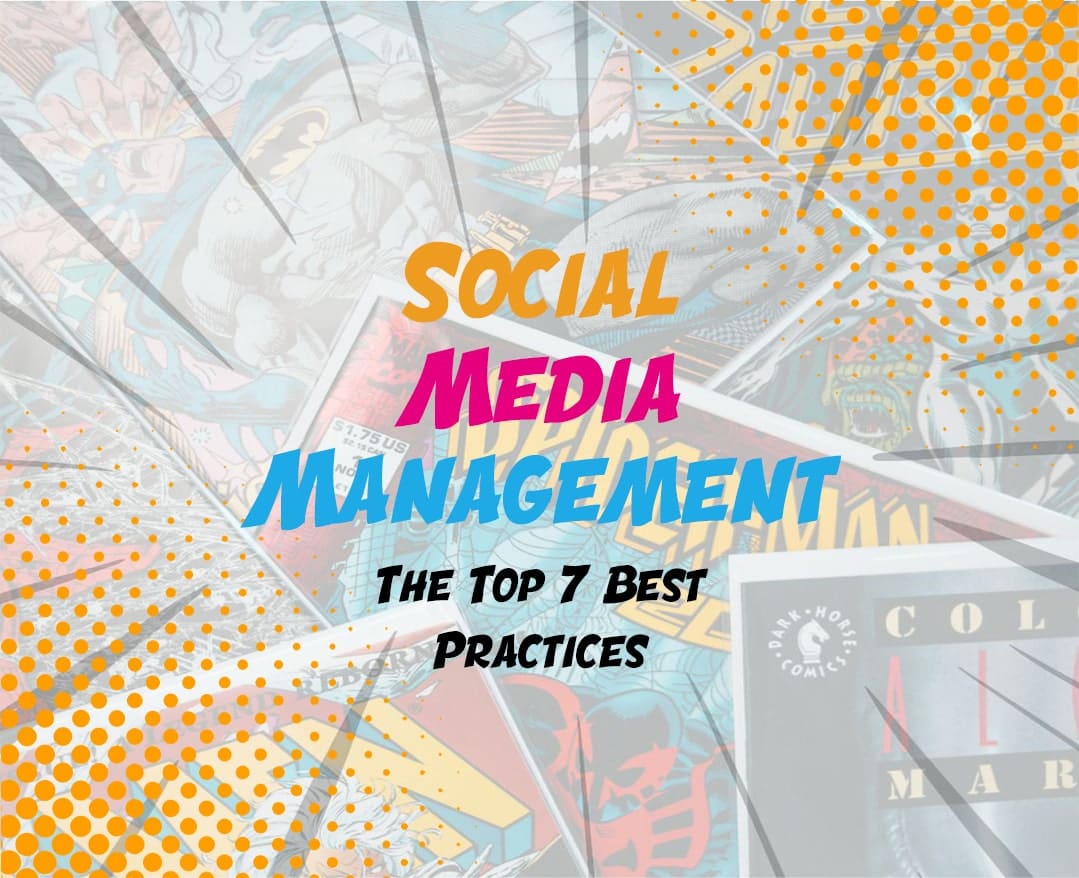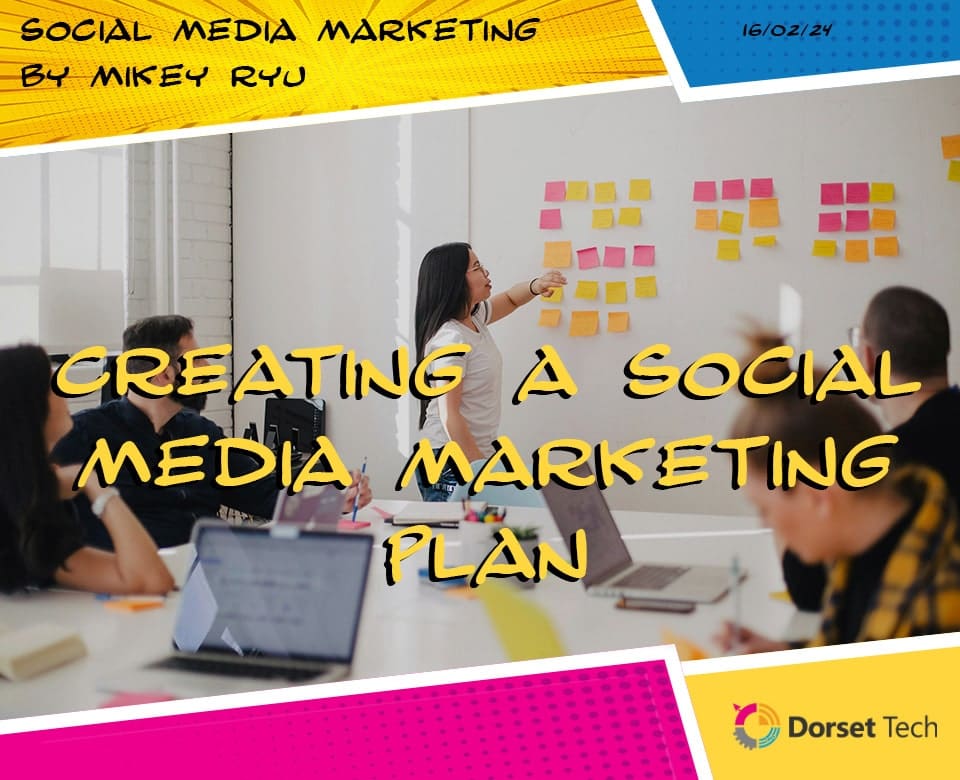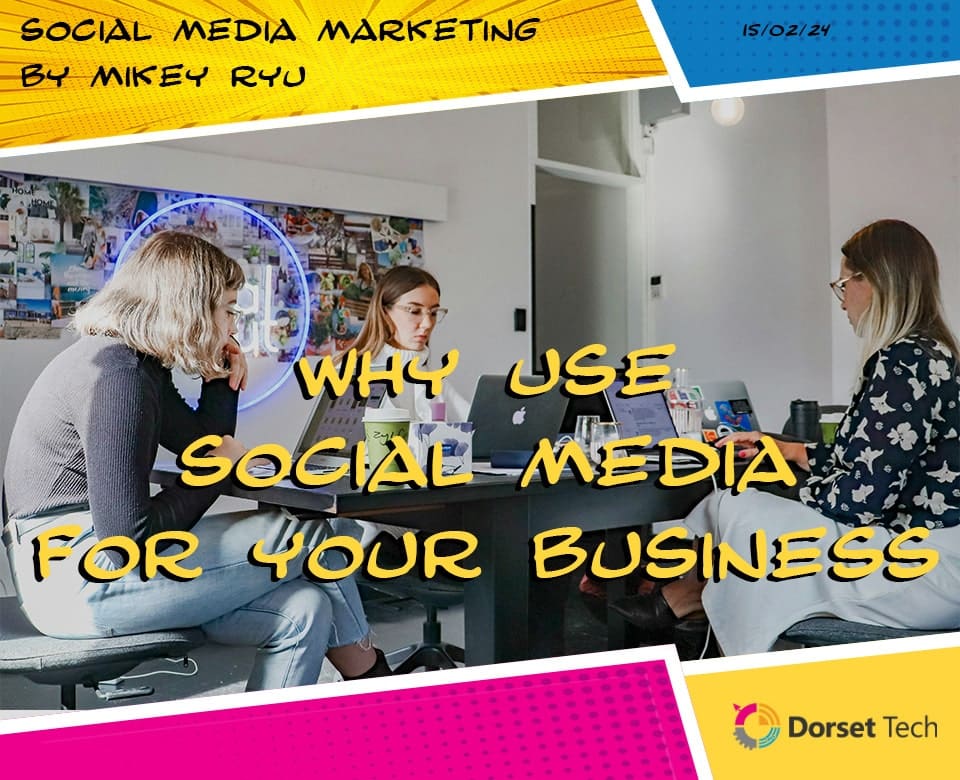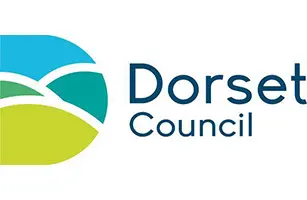
Top 7 Best Practices For Social Media
In today’s digital age, social media has become an integral part of our personal and professional lives. Whether you’re an individual looking to connect with friends and family or a business aiming to reach a broader audience, following best practices on social media can make a significant difference in your success. In this blog, we’ll explore the top 7 best practices for social media to help you navigate this dynamic and ever-evolving landscape effectively.
Define Your Goals and Target Audience:
Before you dive into the world of social media, it’s essential to establish clear goals and identify your target audience. What do you hope to achieve through your social media presence? Whether it’s brand awareness, lead generation, customer engagement, or something else, having well-defined objectives will guide your content strategy and help you measure your success.
Understanding your target audience is equally crucial. Knowing their demographics, preferences, and pain points will enable you to tailor your content and messaging to resonate with them, ultimately leading to more meaningful connections.
Consistency Is Key
Consistency is one of the cornerstones of a successful social media strategy. Maintain a regular posting schedule to keep your audience engaged and informed. Whether you post daily, weekly, or biweekly, stick to your schedule, and avoid long periods of inactivity, which can make your followers lose interest.
Consistency also applies to your brand’s tone, style, and visual elements. A cohesive and recognizable brand identity across all your social media platforms can help you build trust and credibility with your audience.
High-Quality Content
Your content should be engaging, informative, and visually appealing. Invest time and effort into creating high-quality posts, including eye-catching visuals and well-crafted captions. Use a variety of content types, such as images, videos, infographics, and blog posts, to cater to different preferences and keep your audience engaged.
Remember, it’s not just about promoting your products or services. Offer valuable information, share industry insights, and tell compelling stories to establish yourself as an authority in your niche.
Interact and Engage
Social media is a two-way street. Don’t just broadcast your message; actively engage with your followers. Respond to comments and messages promptly, and encourage discussions by asking questions and seeking feedback. By building genuine connections and showing that you value your audience’s input, you can foster loyalty and advocacy.
Stay Informed and Adapt
The social media landscape is constantly evolving. New platforms, features, and trends emerge regularly. To stay relevant and effective, it’s essential to stay informed about these changes and be willing to adapt your strategy accordingly.
Keep an eye on what your competitors are doing and stay updated on industry news and best practices. Experiment with new formats and features to see what resonates with your audience. Being flexible and willing to try new things can give you a competitive edge.
Use Analytics and Metrics
Data-driven decision-making is crucial in social media marketing. Most platforms offer built-in analytics tools that provide insights into your performance. Monitor key metrics such as engagement rates, reach, click-through rates, and conversion rates to understand what’s working and what’s not.
Use these insights to refine your strategy and make informed adjustments. For example, if you notice that your audience engages more with video content, allocate more resources to producing videos.
Avoid Controversial or Offensive Content
While it’s important to express your brand’s personality, it’s equally important to avoid controversial or offensive content that can harm your reputation. Stay away from divisive topics, offensive language, or sensitive issues that can alienate your audience.
Remember that what you post on social media can have a lasting impact, so be mindful of the potential consequences of your content.
In conclusion, social media can be a powerful tool for individuals and businesses to connect, engage, and achieve their objectives. By following these seven best practices – defining your goals, maintaining consistency, creating high-quality content, engaging with your audience, staying informed and adaptable, using analytics, and avoiding controversial content – you can harness the full potential of social media and build a strong and influential online presence.





















